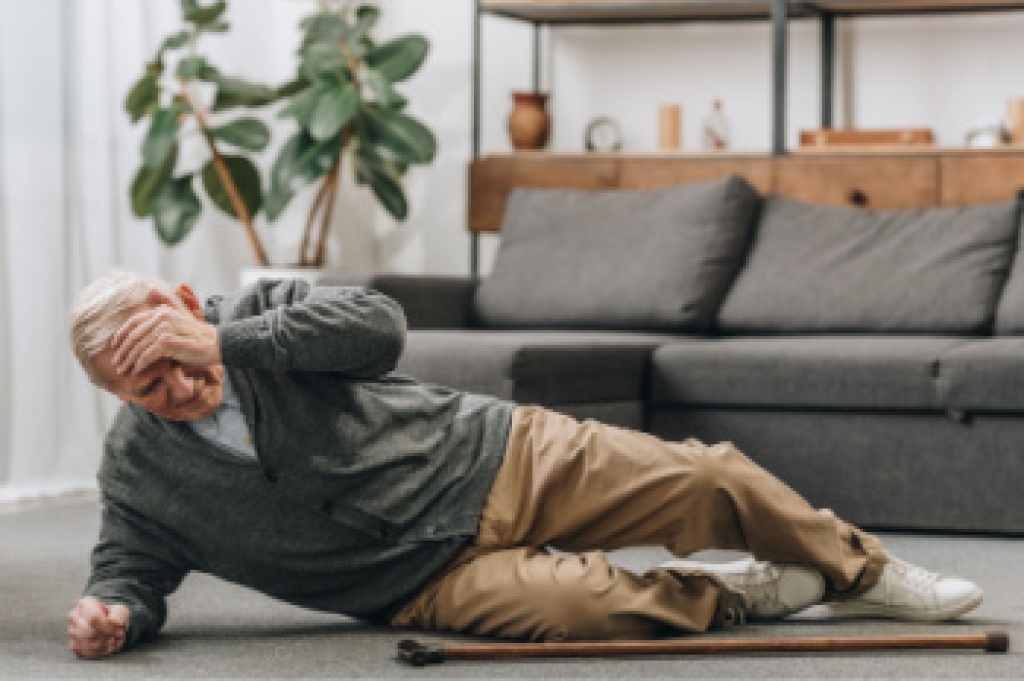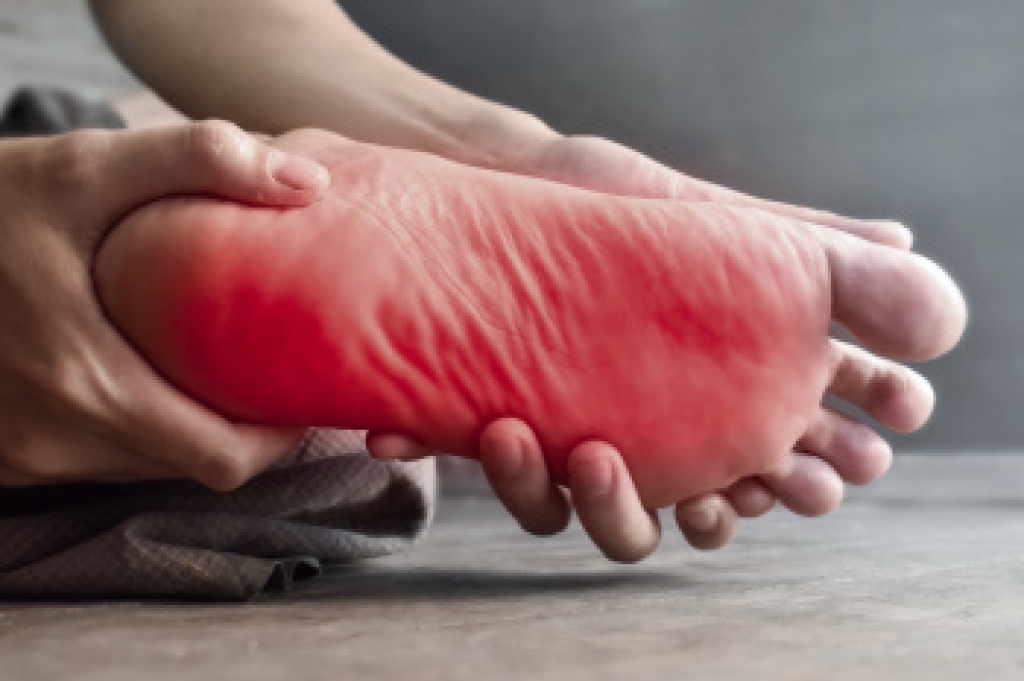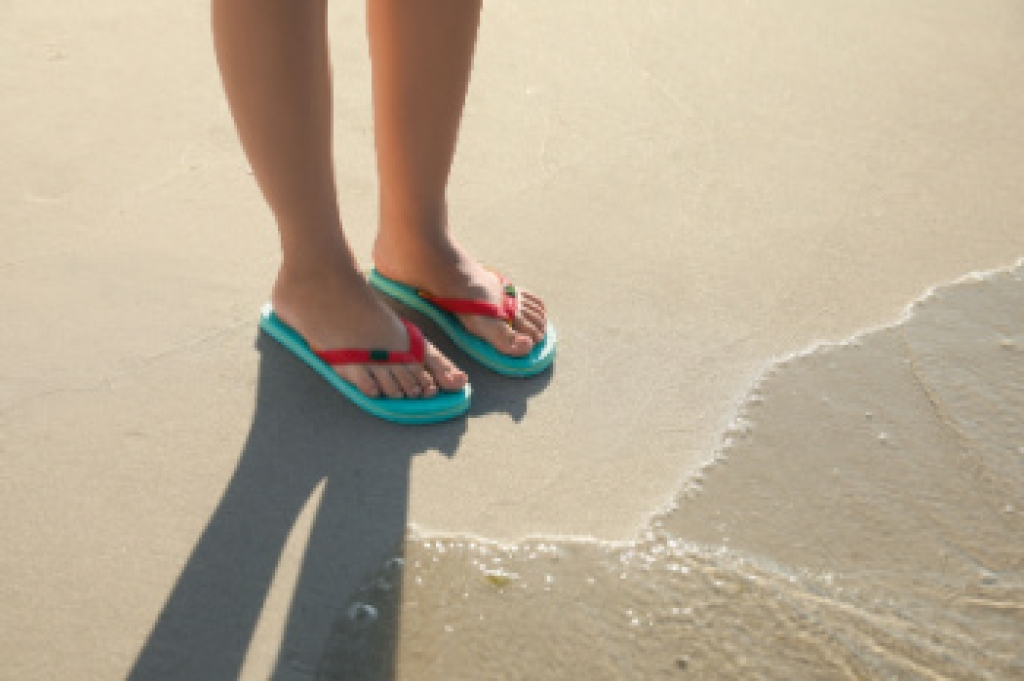
Preventing falls in the home begins with making the environment safer and more supportive. Removing clutter from walkways reduces tripping hazards, while improved lighting helps you see obstacles clearly. Installing handrails along stairs and in bathrooms adds stability, and a curbless shower provides easy access for those with limited mobility. Foot pain, instability, or balance issues can increase the risk of falling. A podiatrist can evaluate your foot structure, address any conditions affecting your gait, and recommend proper footwear or orthotics for added support. Protect your safety and independence by making thoughtful changes in your living space. If you have sustained a foot or ankle injury from falling, it is suggested that you consult a podiatrist who can treat various foot injuries, and offer additional guidance on effective fall prevention tips.
Preventing falls among the elderly is very important. If you are older and have fallen or fear that you are prone to falling, consult with one of our podiatrists from New Jersey Foot & Ankle Centers. Our doctors will assess your condition and provide you with quality advice and care.
Every 11 seconds, an elderly American is being treated in an emergency room for a fall related injury. Falls are the leading cause of head and hip injuries for those 65 and older. Due to decreases in strength, balance, senses, and lack of awareness, elderly persons are very susceptible to falling. Thankfully, there are a number of things older persons can do to prevent falls.
How to Prevent Falls
Some effective methods that older persons can do to prevent falls include:
- Enrolling in strength and balance exercise program to increase balance and strength
- Periodically having your sight and hearing checked
- Discuss any medications you have with a doctor to see if it increases the risk of falling
- Clearing the house of falling hazards and installing devices like grab bars and railings
- Utilizing a walker or cane
- Wearing shoes that provide good support and cushioning
- Talking to family members about falling and increasing awareness
Falling can be a traumatic and embarrassing experience for elderly persons; this can make them less willing to leave the house, and less willing to talk to someone about their fears of falling. Doing such things, however, will increase the likelihood of tripping or losing one’s balance. Knowing the causes of falling and how to prevent them is the best way to mitigate the risk of serious injury.
If you have any questions, please feel free to contact our office located in Oradell, NJ . We offer the newest diagnostic and treatment technologies for all your foot care needs.




